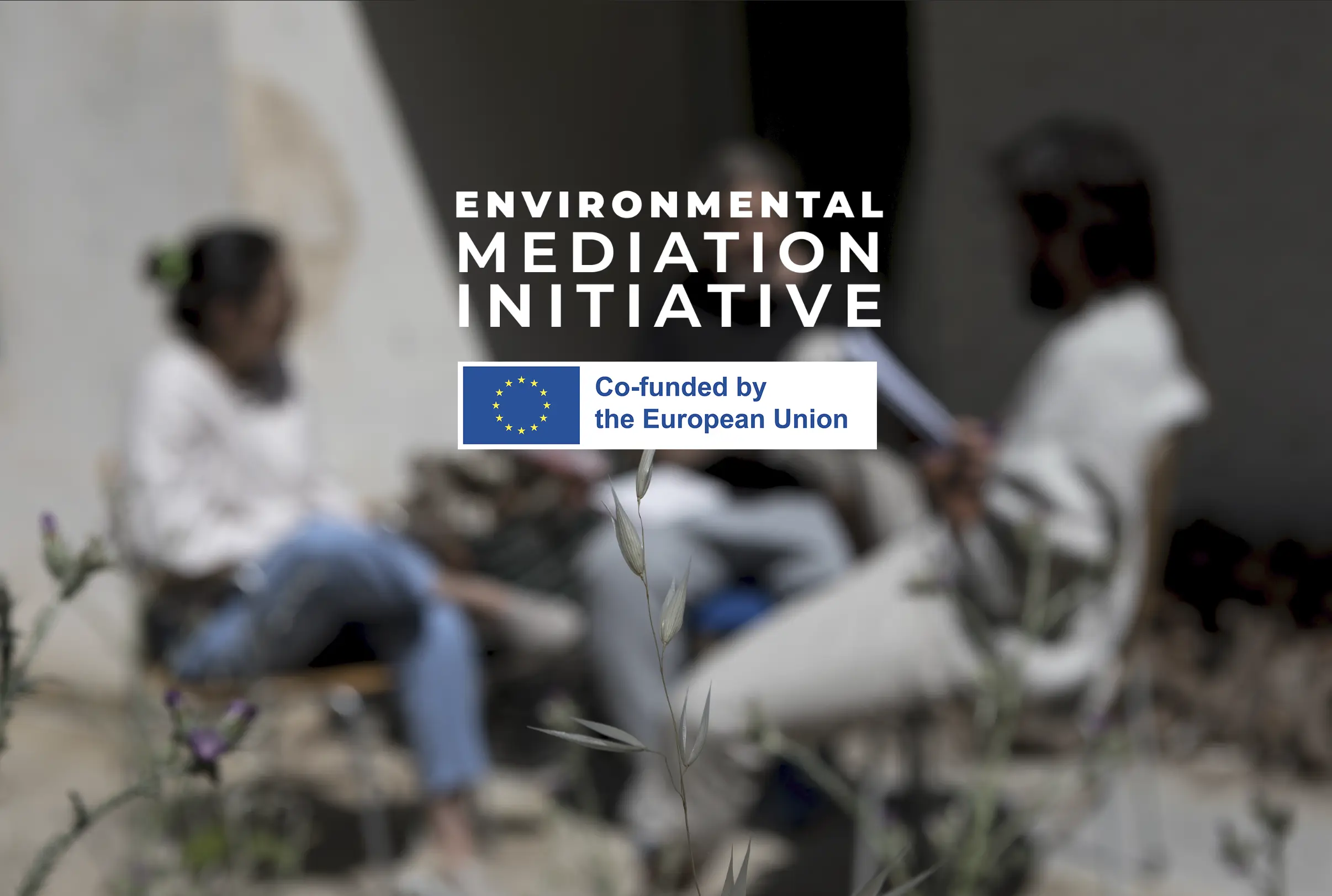Environmental Mediation Initiative
Environmental Mediation Initiative is a European network of organizations specialized in the mediation and facilitation of environmental conflicts. Through a process of exchange of practices and methodologies, a training curriculum has been co-designed to increase mediation skills among people involved in environmental conflicts as well as facilitators.

Together with whom we do this project:
- Istituto di Ecologia Applicata (Italy)
- LechtAlps (Austria)
- Callisto (Greece)
- Dialogues (Sweden)
- Flow-Ing (France)
Why we do this project:
At the European level, tension between stakeholder groups over the use and protection of the natural environment and resources are unfolding in new directions due to various developments (e.g., climate and biodiversity crisis). The need for environmental facilitation and mediation for alternative dispute resolution in the European context has only recently been recognized, with most examples dating from the 2000s and most prominent case studies from the last decade. The actors involved in these conflicts often lack the knowledge and skills (e.g. empathy and listening skills, negotiation tools, etc.) to manage them, and there is also a lack of awareness of the potential of facilitation and mediation among stakeholders to reduce and manage conflicts over important environmental issues.
In this scenario, facilitation and mediation of environmental conflicts is a key for:
- Improving engagement, participation and compliance with environmental policy.
- Avoiding conflict escalation and social polarization.
- Improving social justice in conflicts.
Partners organizations wish to co-create tools and good practices for all the stakeholders involved in environmental conflicts to improve their abilities and capacities in dealing with the future environmental conflicts.
This may be of interest to you if...
You are involved in environmental conflict situations or you are a facilitator who wants to increase your competences to mediate in this kind of process.
Ideas strength
Strengthening the capacities for dialogue among the population is essential to deal with environmental conflicts, participatory co-management approaches increase social learning (willingness to learn and dialogue across difference) and social justice benefits (respect for local knowledge and measures that redress the inequitable distribution of environmental impacts and policies)